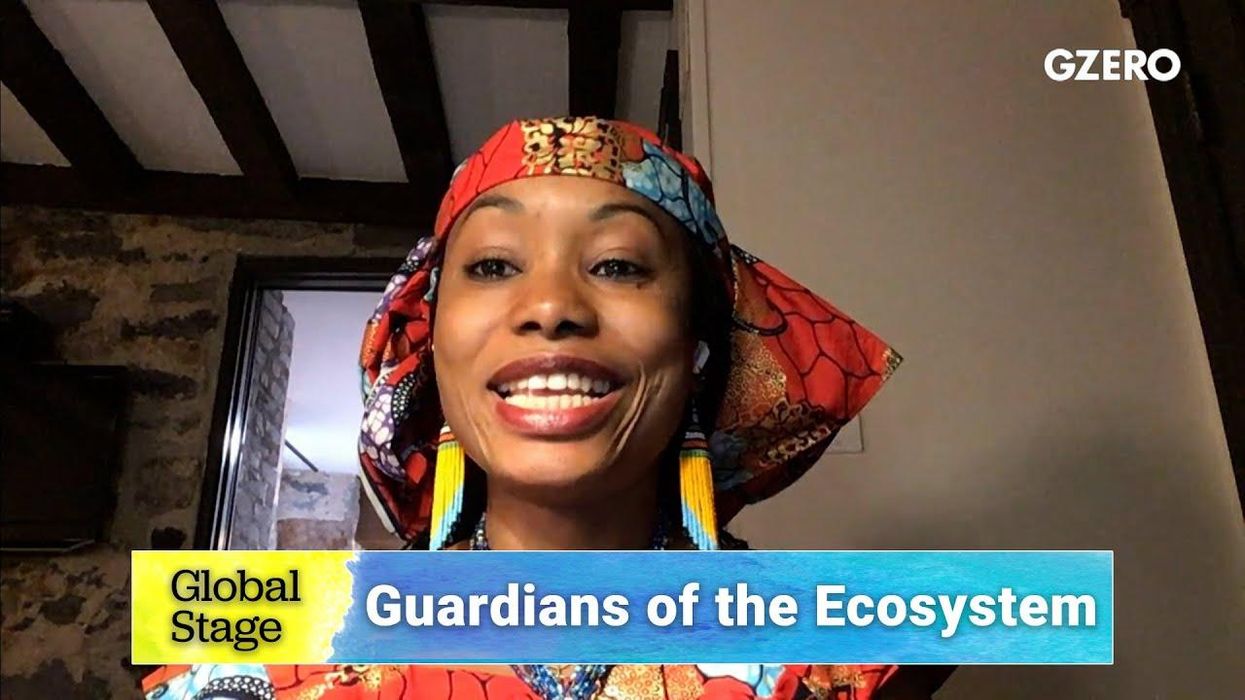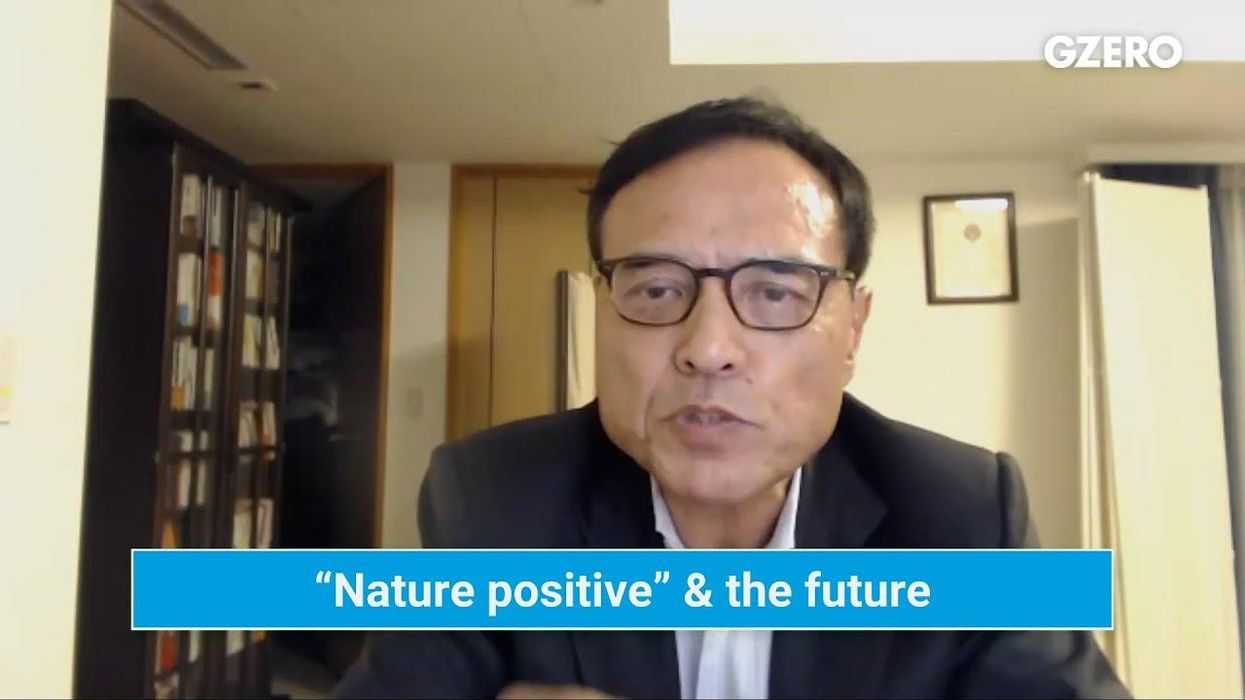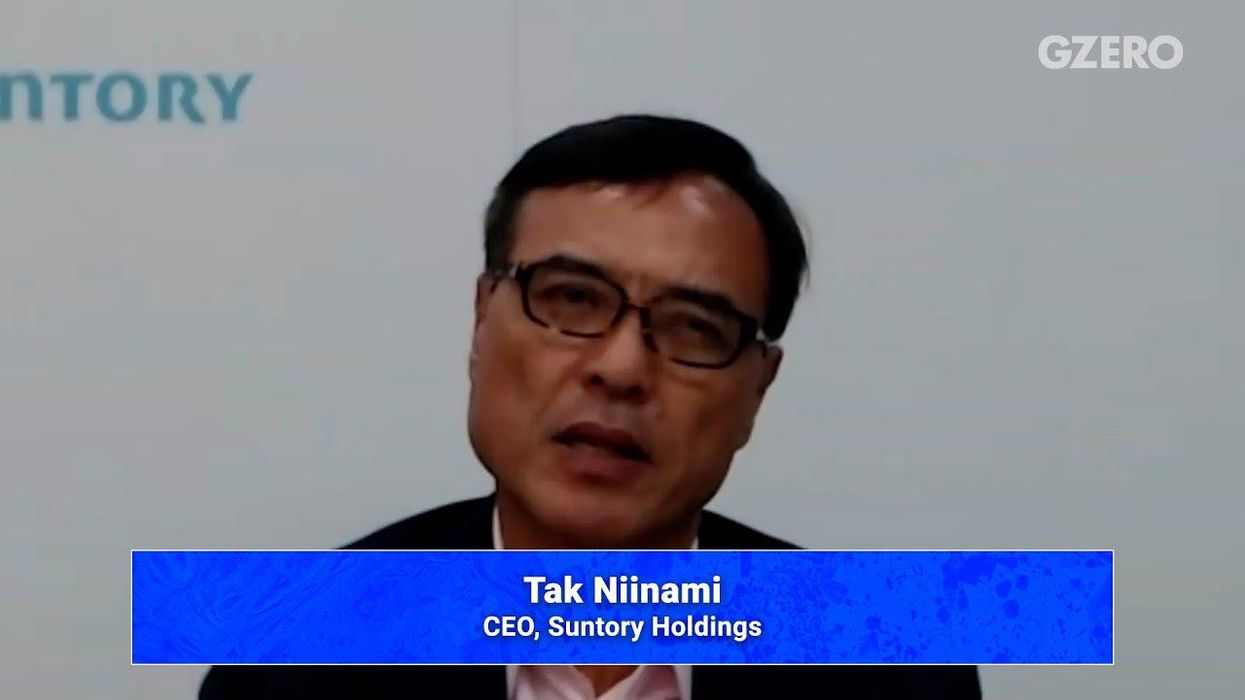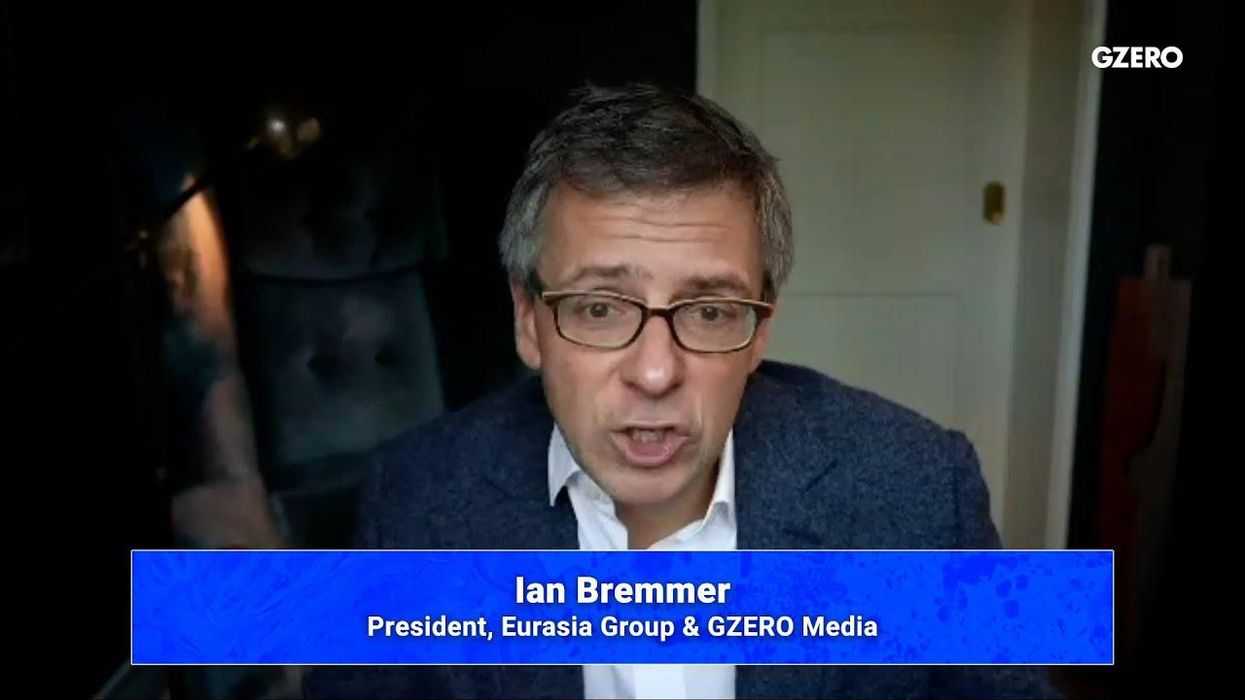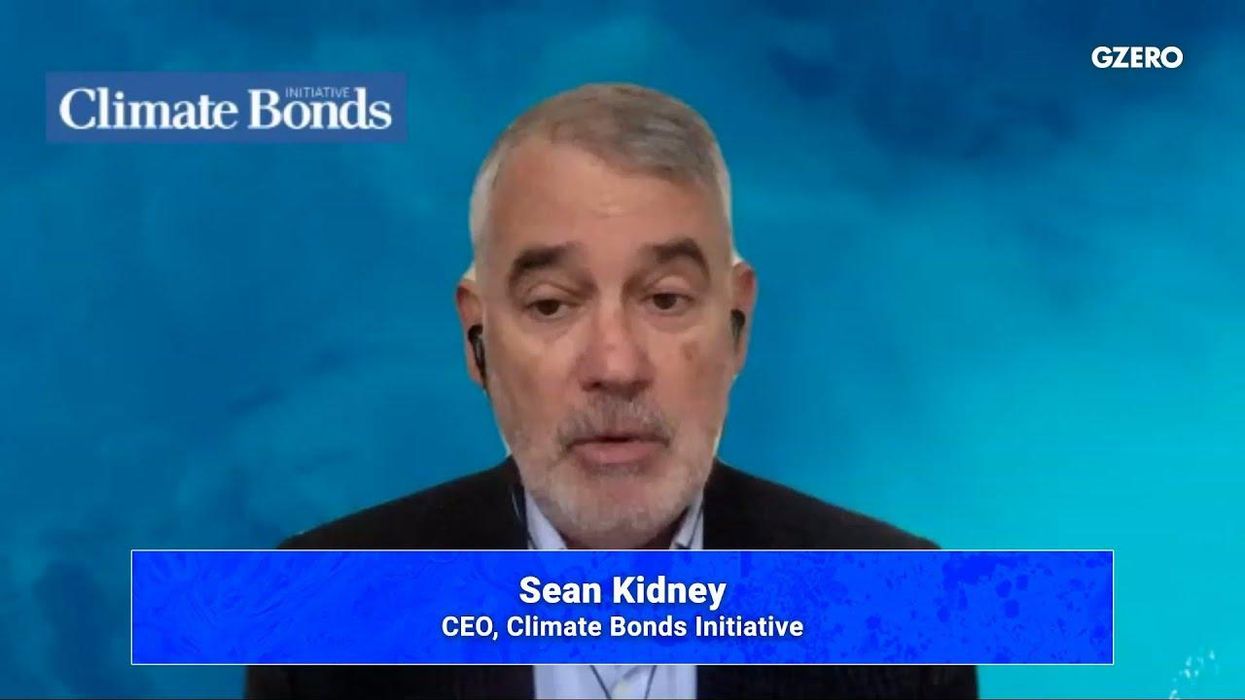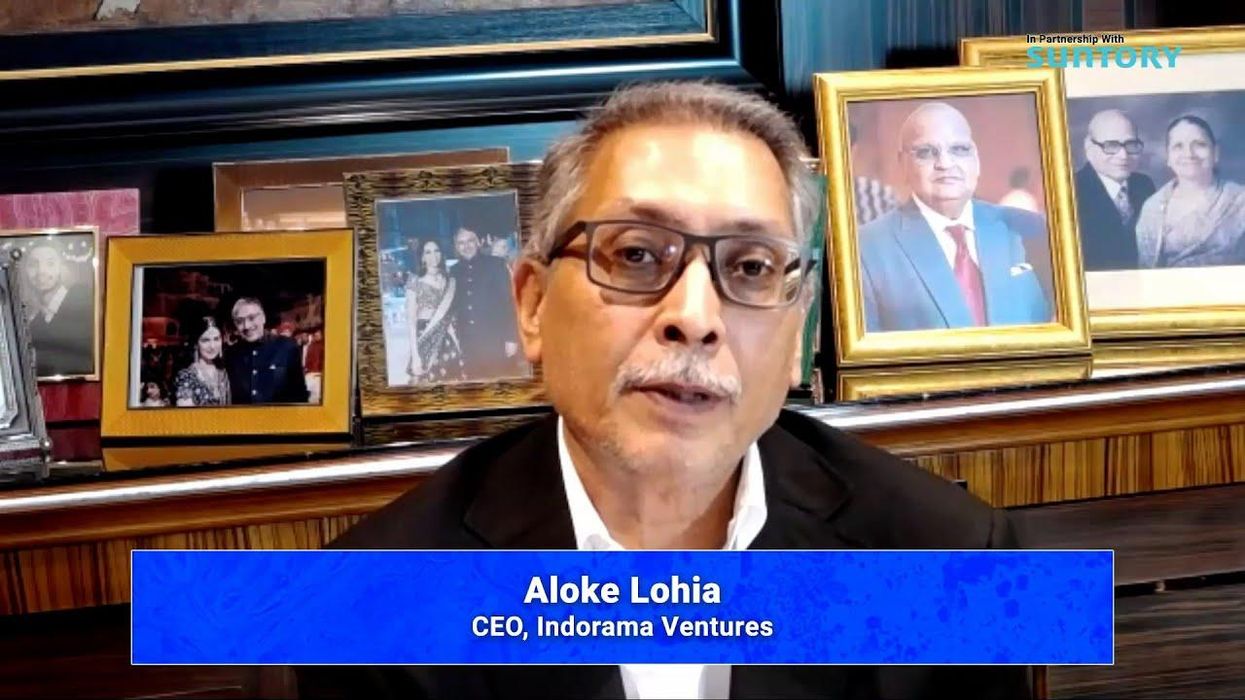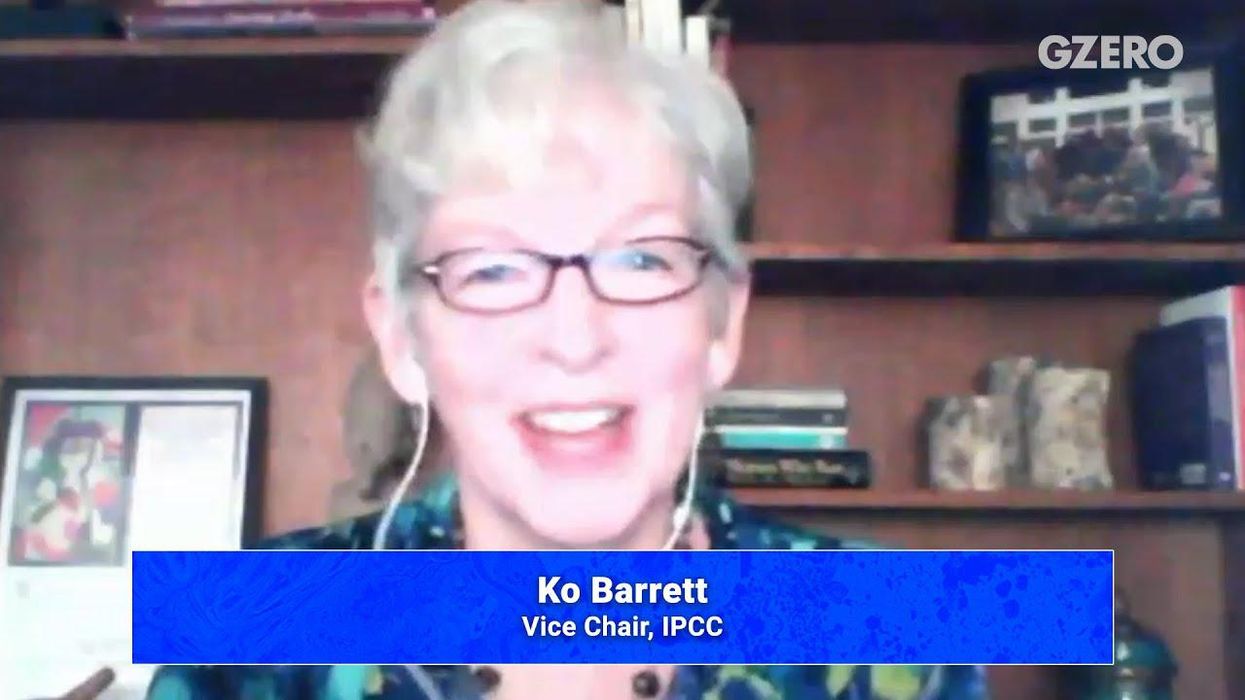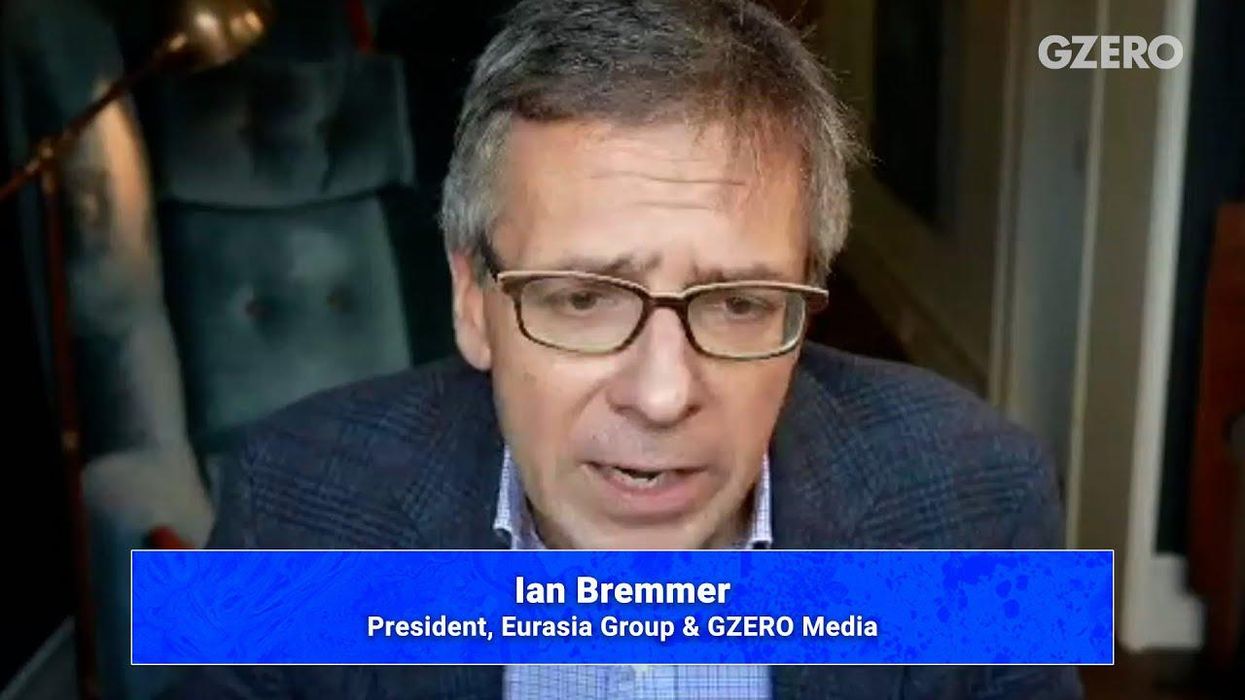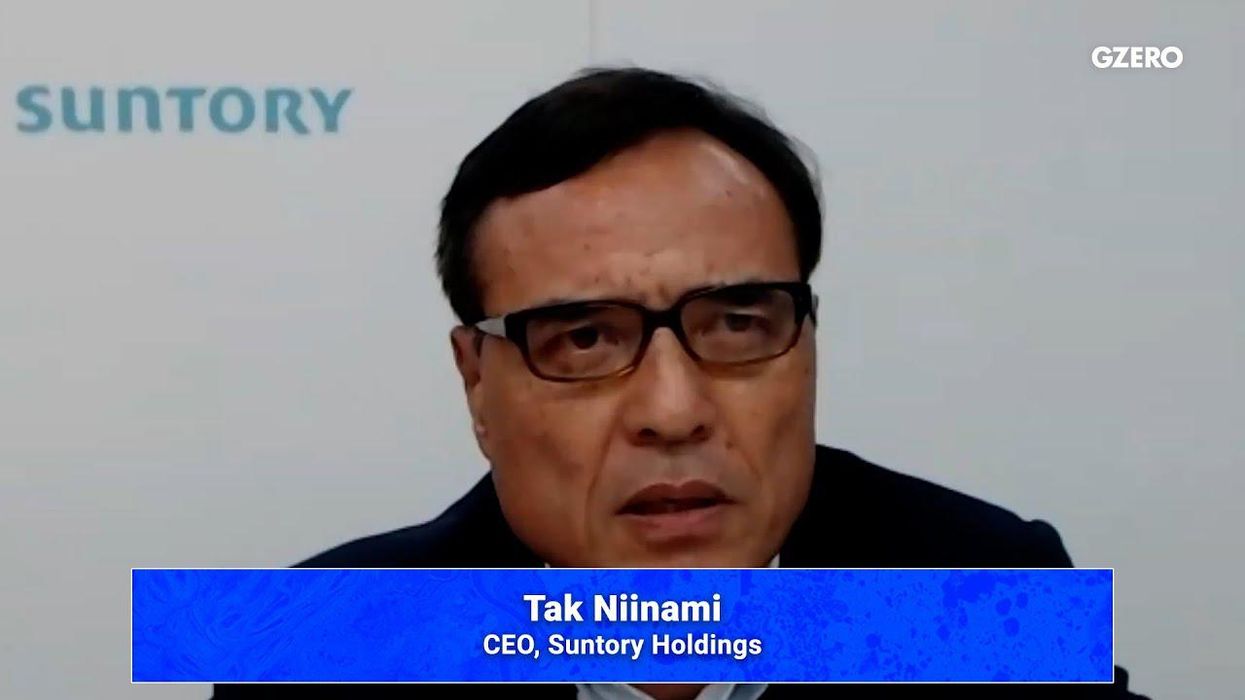Climate
Water scarcity: How Suntory is optimizing for beverage production
You won't be surprised to hear that companies that make drinks need a lot of water. Suntory, one of the leading beverage producers in the world, is no exception. However, they have come up with an exceptional response to the issue, according to Shigeaki Kazama, Executive Officer and Division Deputy COO of the Sustainability Management Division at Suntory Holdings.
Dec 04, 2023

